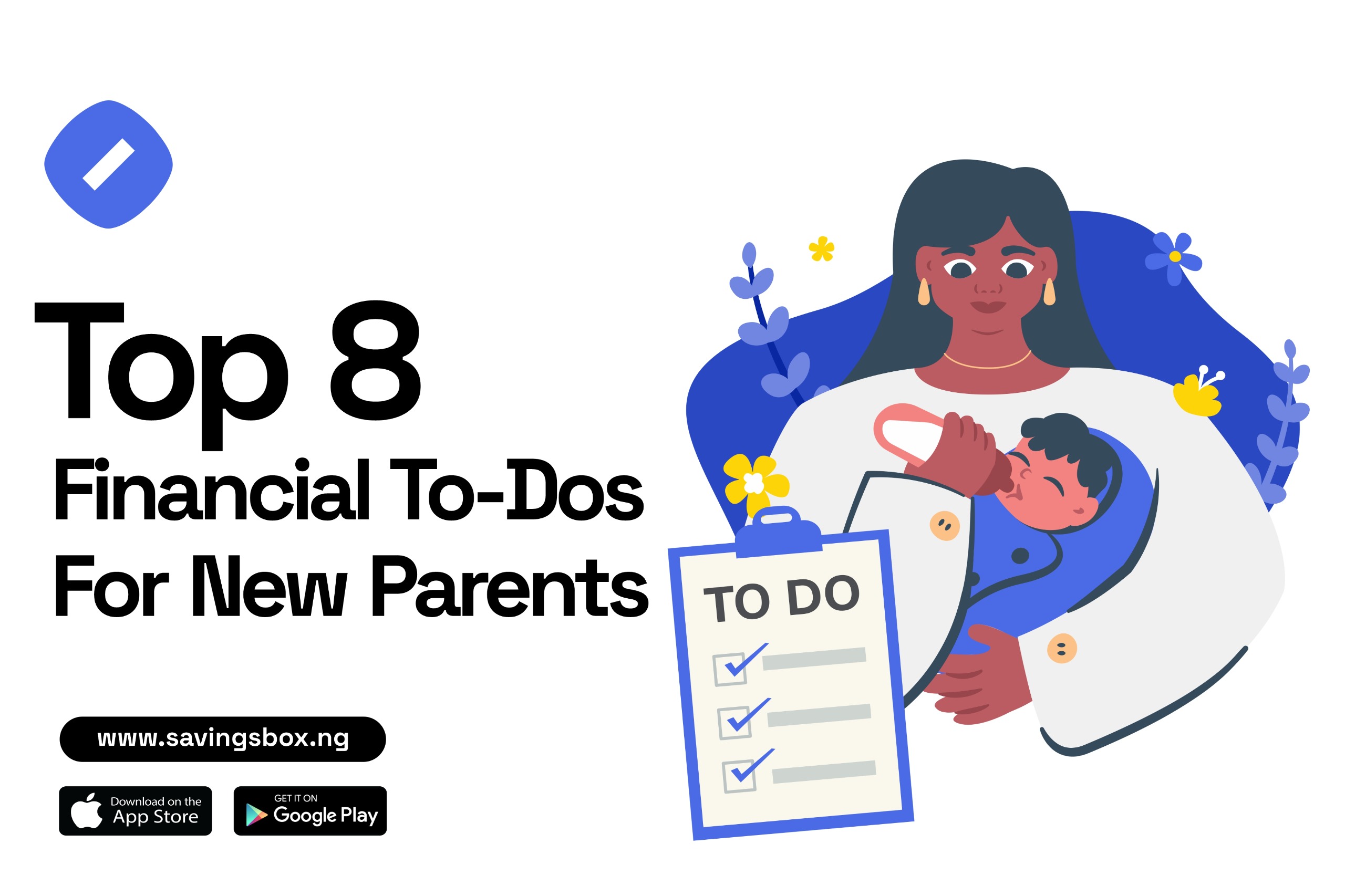Share This Article
You’ve just brought your newborn home from the hospital. Amid the joy, soft coos, and those sleepless nights, you realize the next chapter of your life has begun, one filled with new responsibilities. It’s not just about feeding schedules or diaper changes; it’s about planning for your family’s future. Suddenly, questions about finances, insurance, and budgeting start swirling in your mind.
As overwhelming as it might seem, you’re not alone. New parents often find themselves navigating a maze of financial decisions, from securing life insurance to building an education fund. But don’t worry, with some planning and a few practical steps, you can confidently take control of your financial future while focusing on the joys of parenthood.
In this guide, we’ll walk you through the top 8 financial must-dos for new parents. These simple yet essential tasks will help you lay a strong foundation for your family’s financial health.
So Here They Are, My Top 8 Financial To-Dos For New Parents
Get life insurance:
A good rule of thumb is to have 10x your gross salary saved. I generally recommend term insurance over permanent insurance.
Update/Create an estate plan:
This should include a will, power of attorney, updated beneficiaries, medical directives, and possibly a trust.
Start saving for college:
If you start when your child is born, investing approximately NGN500/month should be able to fund the cost of an average public university.
Update your health insurance:
Make sure to add your newborn to your health insurance. Some parents may also wish to change to a plan with a lower deductible to help minimize risk.
Update your budget:
A newborn baby can be a shock to your finances. Here are some common expenses to consider when updating your budget:
- Childcare: It’s a good idea to call child care centers in your area to get a sense of what you’ll need and how far out to reserve your spot.
- Daily Newborn items: Diapers, wipes, formulas, bottles, clothes, toys, medicine, books, The list goes on.
- Healthcare: Depending on your health insurance, you’ll likely be paying more each paycheck.
- Rent or mortgage: Maybe you need more space, or are considering a renovation—or even a move to be closer to family.
- Discretionary spending: You may need to temporarily cut back on things like shopping, vacation, and dining out (probably not a problem with a newborn anyway) to make room for your newborn expenses.
Increase Your Emergency Fund:
Once you’ve updated your budget and have a handle on your fixed monthly expenses, you will likely need to top up your emergency fund in order to still cover three to six months of expenses.
Plan for Future Milestones:
As your child grows, so will your financial responsibilities. Planning early for milestones like education, extracurricular activities, and even family vacations will make these transitions smoother.
Keep Reviewing and Adjusting:
Parenthood brings continuous changes. Regularly reviewing your financial situation will help ensure that you stay on track with your goals a your family grows.
Conclusion
The road ahead might seem filled with new responsibilities, but by preparing early and keeping a flexible mindset, you’ll be able to meet your child’s short-term and long-term needs with ease. Each family’s journey is unique, so make decisions that align with your values, lifestyle, and circumstances.
Managing finances as new parents don’t have to be stressful, especially when you have the right tools to guide you. SavingsBox is the perfect solution for new parents looking to stay on top of their financial game. Whether you’re saving for your child’s education, building an emergency fund, or adjusting your budget for baby expenses, you can organize your finances and achieve your family’s goals effortlessly. Embrace parenthood with confidence, knowing that SavingsBox is there to help you every step of the way.


